The Jimble-Jamble: Different Perspectives on Time
A big ball of wibbly-wobbly, timey-wimey stuff.
Earlier this week, I published a TikTok that was a riff on my articles “How a different understanding of time can help you cope” and “Against Forgiveness.”
It’s got us a few new followers, so I figured it would make a good theme for this week’s Jimble-Jamble. Here are some cool books, movies, and shows to check out if you wanna go down the mind-bendy rabbit hole of thinking about what time is and how it works.
The Science: Carlo Rovelli’s The Order of Time and John Higgs’ Stranger Than We Can Imagine.
First, we should start with one of the single best introductions to how time works, and that’s The Order of Time by the Italian physicist Carlo Rovelli. In spite of his profession, Rovelli is a poetic and lucid writer who manages to make complex topics like relativity and entropy understandable. He is not does not linger over mathematical equations, nor does he get too bogged down in scientific jargon.
The Order of Time is the place to start if you want an up-to-date understanding of what scientists are studying in this bizarre field.
If you want to understand relativity specifically, I have something much shorter for you!
amazing book Stranger Than We Can Imagine has a chapter on relativity in which he explains the concept so clearly that I finished it wondering why no one had ever even tried to explain it to me like that.This entire book is worth reading — he also goes into chaos theory, growth, quantum mechanics, nihilism, etc. — but that chapter alone (and I believe it’s the first chapter?) will help you with your understanding of time. Higgs is one of my favorite living writers, you can expect to see him mentioned a lot more in this newsletter.
The fiction: Aliens, aliens, coral gardens, and more aliens. Also sex bandits.
The most famous time-traveler in science-fiction is undoubtedly the great Doctor Who. I have to admit, I never got super into this show, and I wish the reason was something less snobby than I couldn’t get over the fact that the main villains looked like trash-bins with bubbles taped to them. But there is one excellent standalone episode called “Blink” where the Doctor gives his most famous description of time, which you can watch below.
I’d be happy to get more recommendations in the comments, but these are my favorite books that deal with time.
Vonnegut’s Slaughterhouse-Five
Vonnegut’s magnum opus contains a race of aliens called the Trafalmadorians who can see time “much as the way we’d view a range of the Rocky Mountains.” Vonnegut grapples with the nature of a time as a way of processing his survival of the firebombing of Dresden while he was a prisoner of war, and the final result is a magnificent anti-war book.
Alan Moore’s Jerusalem
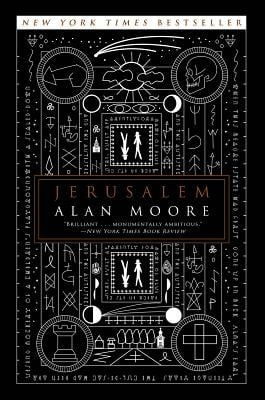
My all-time (ha!) favorite time book is Alan Moore’s Jerusalem. When Moore’s brother was 2, he choked on a cough drop and was legally dead for 10 minutes before he was revived. This book imagines those ten minutes as a time when his brother escaped from the confines of time and traveled with a band of ghost kids across the playground of time to try and restore him back to life.
There’s also a section written from the perspective of a young Charlie Chaplin and a monologue delivered by a hallucinating angel.
This is an astounding book, but it’s a huge 1300 page undertaking. It is 100% worth it, IMO, but you can also get a sense of what Moore thinks about time through some of his other works like Watchmen or Promethea.
Ted Chiang’s “Story of your Life” (or the movie Arrival)
If you’re in a book store and you see either of Ted Chiang’s short story collections, Stories of Your Life & Others or Exhalation, buy them immediately. His most famous work is the short story “Story of Your Life,” which was adapted into the Amy Adams-starring alien invasion movie Arrival, which is an unusually excellent adaptation by the great filmmaker Denis Villenueve (Dune, Blade Runner: 2049, Sicario).
I don’t really want to say anything about it in case you haven’t seen it. But it’s on-theme and you’ll like it.
Matt Fraction and Chip Zdarsky’s Sex Criminals
This is the most playful book of the bunch — Sex Criminals is a comic series that featured two protagonists who have the power to stop time with their orgasms. They decide to use this power to rob banks and save their local library, but this puts them in the crosshairs of the sex police. It’s like, the best elevator pitch for a plot I’ve ever heard.
What’s most surprising about this series is how it takes what is very silly material and transforms it into an in-depth and nuanced discussion of sex positivity and the very nature of time.
Honorable mentions
Christopher Nolan’s Interstellar is a fairly accurate scientific depiction of the effects of relativity on massive, outer-space level scales. It also has a great soundtrack to work to.
Most people’s introduction to the bending of spacetime comes from one of two places: Madeleine L’Engle’s classic children’s book A Wrinkle in Time, or the all-time classic original Planet of the Apes.
On the science side, the most prominent book about the topic is Stephen Hawking’s A Brief History of Time. I have to admit I had trouble with this one, though it’s possible I was too young when I read it. Big Think did an article on other good science books to check out.
Most movies about time travel are incoherent scientifically, but I weep like a goddamn baby every time I watch About Time. I know it’s cheesy! I know Richard Curtis is problematic! I know that it has absolutely gaping plot holes! I don’t care! I want a hug from Bill Nighy!
I would love to get other cool time books in the comments! I specifically avoided multiverse stuff in here because that’s a whole different bag of worms, but Kate Atkinson’s books Life After Life and A God in Ruins played with time in really cool ways, too.




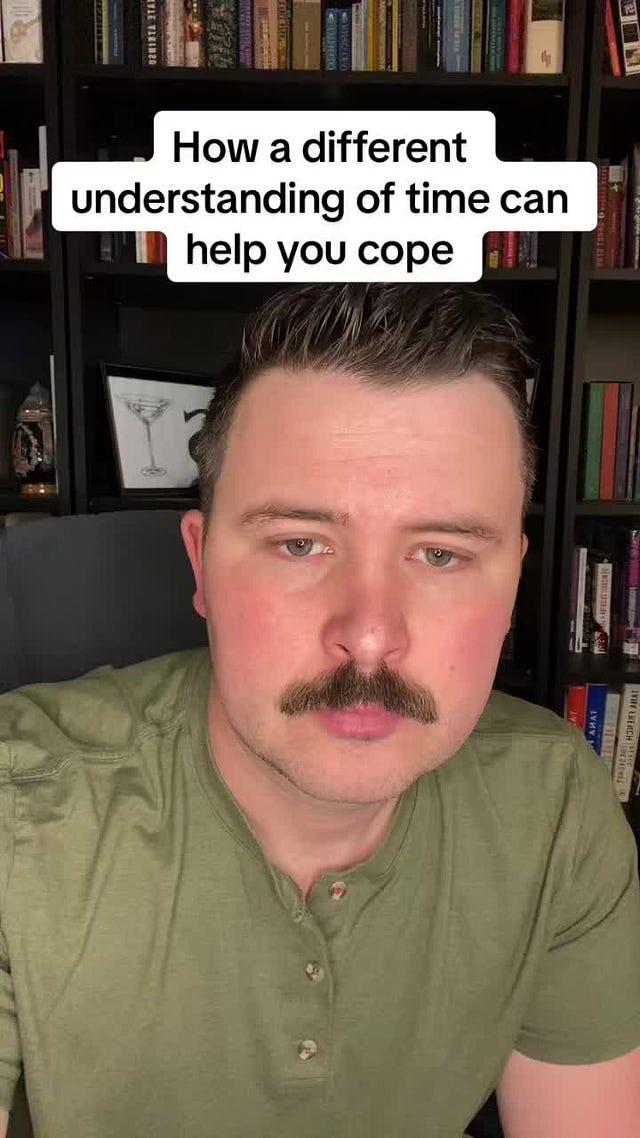

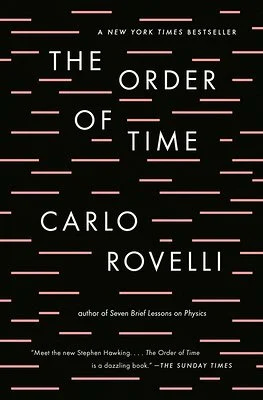
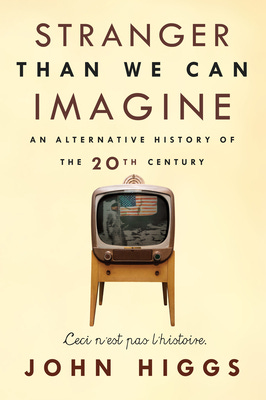
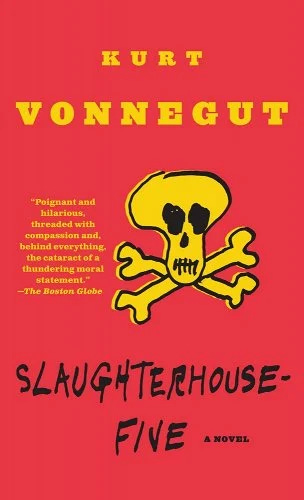
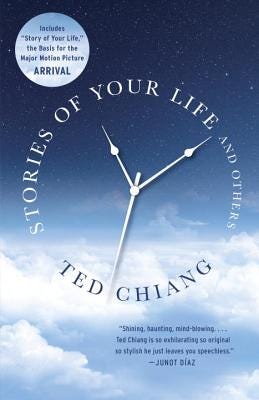

“The History of Time Travel” (2014) is a neat indie faux documentary as well.